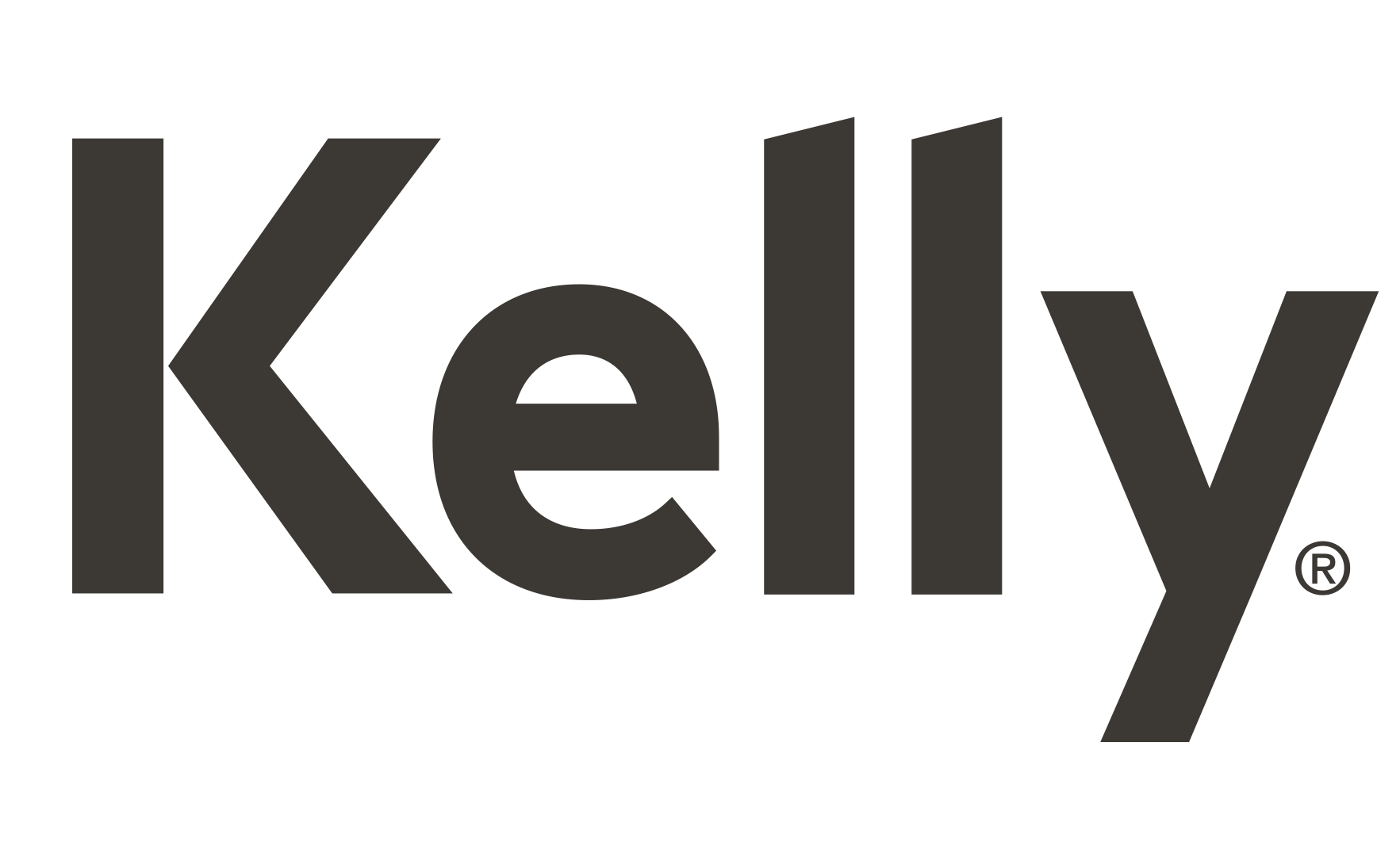
8 Things Not To Do In Your First Year Of Work
Jan. 27, 2020
After long weeks of CV formatting and interviewing you’ve finally landed a job. Whether it’s your first ‘real’ job or just another step in your career, it is a big deal.
We’ve already talked about the dos and don’ts of your first week in a new job, and now it’s time to focus on the big picture – how to make the most of your first year at work. So, here we go, eight things you should avoid by all means:
- Be lenient about the
...– a stylish appearance will go a long way towards people perceiving you as a professional and not the new kid on the block. Looking put together will also make you feel good. Having said that, your outfit should be comfortable enough so that you feel confident.
- Skip out on networking events – once you land a job it’s easy to assume that you don’t need to make the effort when it comes to making valuable connections at your company. But if you see an opportunity to network, especially with people in whose position you would like to find yourself one day, you should go ahead and have a talk with them.
- Stay in the office longer than everyone else
– This is a common misperception, and while working longer hours when a deadline is looming is sometimes inevitable, working longer hours every day may backfire on you. People might develop the perception that you’re not coping well with your workload. Ultimately, your work should be about results and not how many hours you spend in the office.
- Feeling like you are above a certain task
– as a new person in the office you need to be flexible and open to various types of work. Show that you are a team player by helping people out even if it means doing something beyond your job title.
- Get into the habit of being late – running late to work can affect your colleagues’ morale and the overall team spirit. It’s unfair towards your colleagues who arrive on time and is likely to impact collaboration. Find out what time people come to the office and adjust to their culture.
- Forget to write things down
– we tend to overestimate our memory and think that we automatically remember everything. Writing things down helps us remember things as everyday life happens to be hectic at times and we often lose track of what is most important.
- Trust people too easily
– it’s good to but keep your eyes open as the same colleagues may not have your best interest in heart. Always be polite yet try to aim for balance, especially when you are new in the office and you hardly know your work mates.
- Quit when it’s not perfect – in the eyes of future employer or recruiter job-hopping is a red flag. Don’t make any hasty decisions and aim to stay at your work for at least one year, otherwise you risk being seen as unreliable. Or worse, people may even think that you are a quitter because you are simply not good at your job.
The first year in a new work environment is about gaining experience and learning new things so don’t be too hard on yourself if you make a mistake, it happens to everyone.
Armed with our tips, you can now start your new job in the best possible way! Or maybe you are still looking for a job? Have a look at our job site and we’ll help you find what’s next for you in your career.









